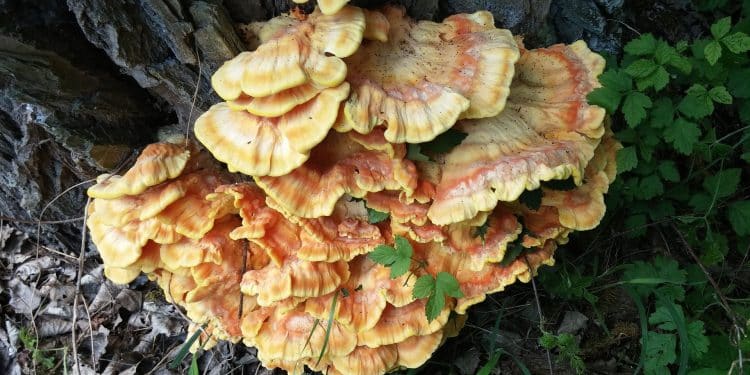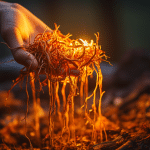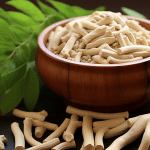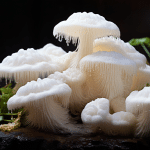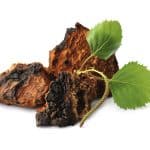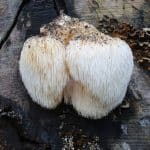For centuries, humans have been curious about mushrooms, from ancient healers to modern chefs. These days, they are considered “trending foods,” a clear renewed interest in everybody’s favorite mushroom, and in the nutrient-dense benefits they offer.
Like most psoriasis sufferers, you may have tried (or at least thought about) changing up your diet in an effort to improve skin conditions. While there is no research directly showing eating mushrooms has an effect on your psoriasis symptoms, mushrooms are still a healthy addition to many recipes. Heres a little background on the nutritional benefits of mushrooms, and how they might work in your diet.
Does Reishi Mushroom Help with Psoriasis?
This potent medicinal mushroom is a great anti-inflammatory, soothes autoimmunity issues, and helps to heal leaky gut. It also has immune-modulating effects, an important consideration to minimize the flare-up of psoriasis. Because Reishi helps to heal the leaking gut and calm inflammation, both psoriasis and eczema benefit from the mushrooms daily, consistent internal usage.
You can find our favorite capsules, powders, and tincture’s on the following pages of our website and learn more about each individually:
Click here to learn more about the best Reishi Mushroom Supplements
Click here to learn more about the best Reishi Mushroom Powder
Click here to learn more about the best Reishi Mushroom Tincture
Click here to learn more about the best Reishi Mushroom Mushroom Gummies
Nutritional Profile of Functional Mushrooms
Mushrooms are naturally low in calories and sodium, and are free of saturated fats and cholesterol. As a result, they are an excellent addition to any diet, regardless of if you suffer from psoriasis.
- Copper
- Potassium
- Selenium
- Zinc
- The polysaccharides (a type of carbohydrates) in mushrooms act as prebiotics, meaning that they nourish healthy bacteria in our intestines. This is important, as these beneficial bacteria support a number of important functions of the body, from digestion to immune system health.
Do Mushrooms Fit Into an Anti-Inflammatory Diet
Some people who have psoriasis (and other autoimmune diseases, as well) claim that anti-inflammatory eating can decrease the severity and frequency of flare-ups. In an anti-inflammatory diet, the individual limits the consumption of saturated fats and refined sugars, focusing instead on healthful fats and a variety of colorful fruits and vegetables. An anti-inflammatory eating plan includes whole (unprocessed), fiber-rich foods, along with an assortment of diverse plant sources. Examples of anti-inflammatory diets include the Mediterranean and vegan diets.
While no formal diet is prescribed for psoriasis, studies have shown that eating red meat can contribute to the inflammatory responses that cause symptoms of psoriasis. But this is not true of mushrooms.
Mushrooms actually offer various beneficial phytochemicals, making them an excellent component in an anti-inflammatory diet. If mushrooms are grown or dried in an environment where ultraviolet light is exposed to them (from the sun or UV lights), then they may provide a good source of vitamin D. Vitamin D is thought to protect against respiratory diseases (in children), diabetes, cancer, and other health problems. Vitamin D also plays a major role in skin health. Studies have shown that those who suffer from psoriasis often have lower levels of vitamin D. Low levels of this nutrient may contribute to the development of psoriasis lesions.
On the other hand, higher vitamin D dosages have been shown to decrease the skins cell proliferation and inflammation. Food is the safest source of vitamin D, according to the National Psoriasis Foundation. Many of the mushroom varieties found at the supermarket are grown under darker conditions. To find mushrooms that are treated with UV light (from lights or sunlight), look on food labels, or ask growers who sell their crops at your local farmers market.
Medicinal Mushrooms
Beyond their kitchen role, mushrooms have been considered medicine plants for thousands of years.
Today, some naturopathic practitioners advise those suffering from auto-immune diseases to modulate their immune responses through consumption of non-poisonous mushrooms. But this does not necessarily mean eating them as a food. Health stores often carry mushrooms crushed down to a dried powder, which you can make into a tea or take as a supplement. Certain mushroom extracts have also been used medicinally. However, there is still lack of studies as to whether mushrooms, in any of these forms, are beneficial or harmful to those suffering from auto-immune problems.
While mushrooms are a nutrient-dense addition to the diet for most people, concentrated herbal mushroom products may produce unpredictable results and/or may interact with prescription medications. And when taken in a supplement form, mushroom products are not approved by the FDA as medicines. Always speak with your healthcare provider before starting any new food additive.
Additional resources:
Reishi mushroom for erectile dysfunction
Updated 10/24/2022
